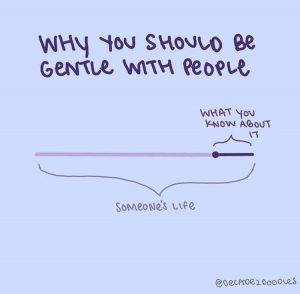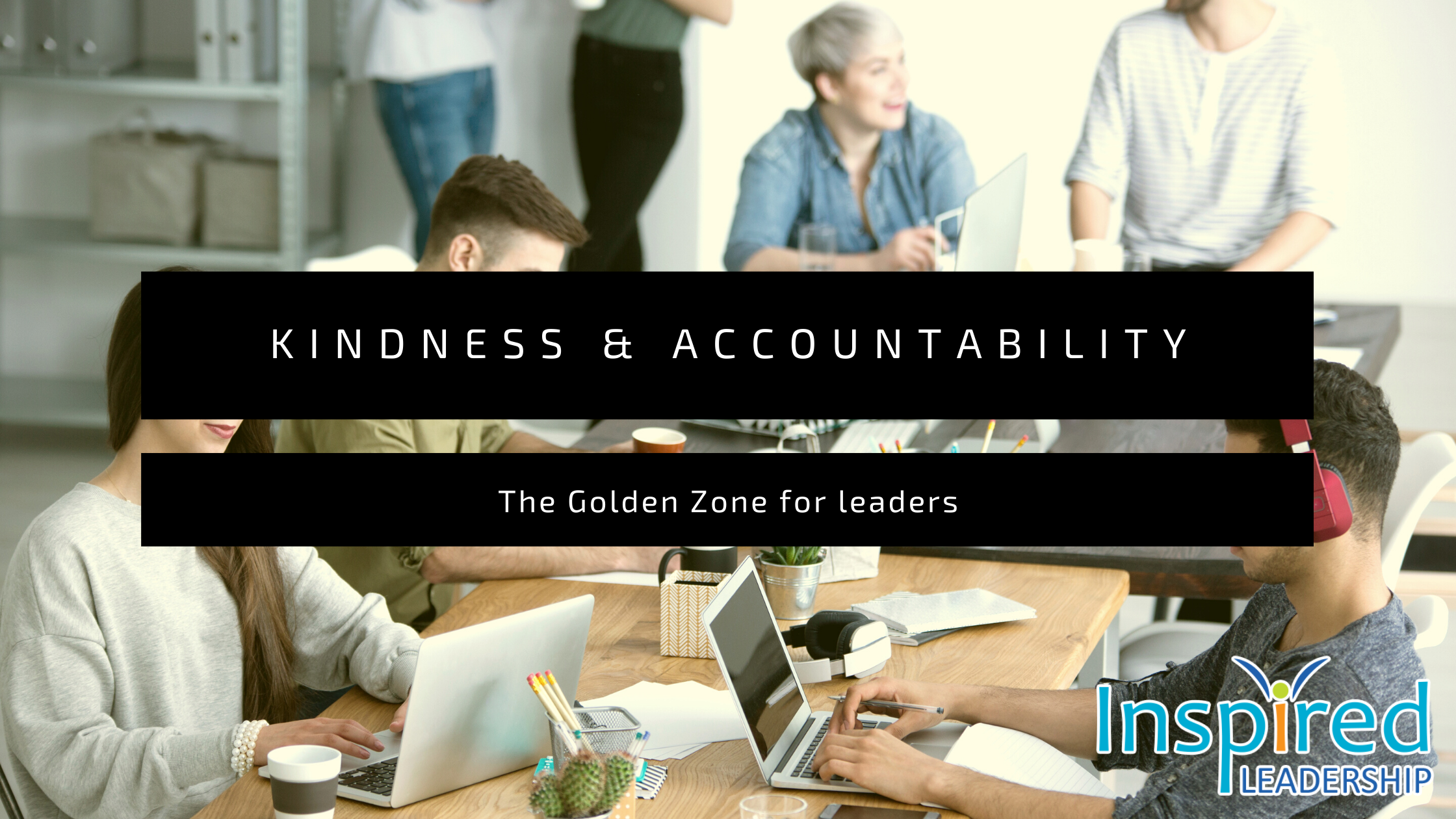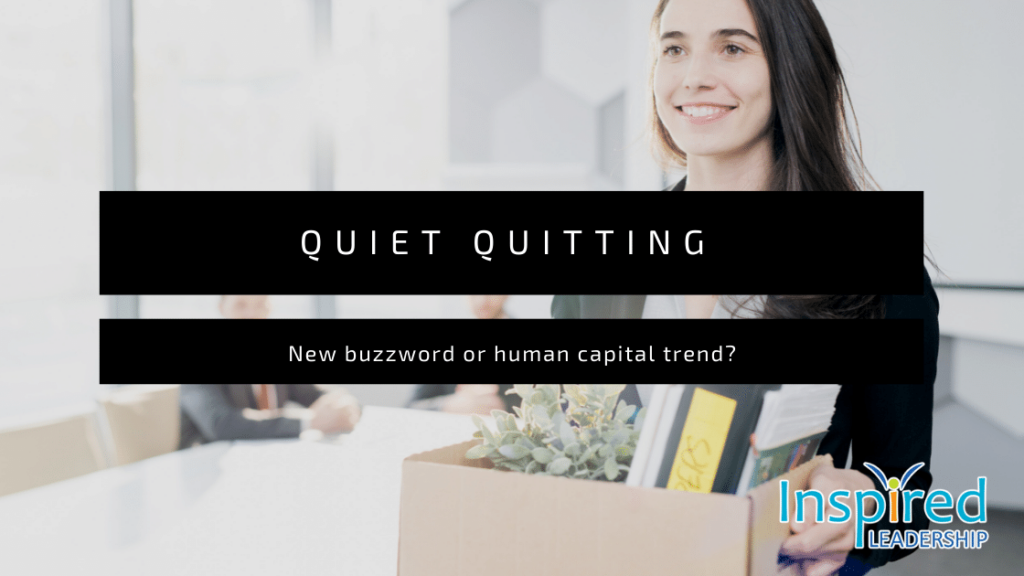Empathy and compassion appear to be just what the doctor ordered as organizations re-group, re-think and re-organize. As human beings, our call is to kindness. Kindness to ourselves and each other. The more people I speak to the more I hear the mantra: I am crazy busy and exhausted. The 2020 call to self-compassion and kindness has not been heard. Long hours, endless emails, and ever-present meetings are pushing us all to a new kind of crazy. Being kinder to ourselves, searching for reasonableness and balance in the fray is important. Equally important is extending compassion and empathy to others. I like the word kind. And I love the illustration blow which illustrates what you know about someone and what you don’t know.

It is impossible to see inside people and to get their full context. We can ask, listen, care. But to walk a mile in someone else’s shoes is physically impossible. We cannot shed our first-person perspective. So be kind, people! Others don’t cope with life the same way you do; other people have different pressures and priorities. Whilst the diversity and inclusion conversation continues, let’s wave the diversity flag in the direction of different approaches to life, parenting, work, money, health and take a kind, accepting, and inclusive approach that says “it’s ok, you do you.”
However, we need to balance compassion and empathy with wisdom, accountability, and forward action.
Whilst it is perfectly ok to embrace different approaches, in the context of organisational performance, leaders and managers need to strike a balance between empathy, compassion, kindness, and accountability. This is the golden zone for those in positions of management. Accountability means setting clear objectives and giving regular constructive feedback. It means looking for ways we as a team can improve. It means communicating openly about results, risks, and barriers. It means having difficult conversations rather than avoiding them, dealing with issues, and clearing the way for constructive dialogue.
As we increasingly focus on wellbeing and address the negative impacts of this season of history, the risk is that managers will err on the side of too much compassion, allowing too much leeway, forgiving too many missed deadlines because of the “stress/personal-circumstances/health concerns” etc. And this might sound uncaring or harsh, but managers who don’t address under-achieving or under-performing members of their team end up:
- Taking on more work themselves, leading to personal burnout;
- Experience attrition or burnout amongst top performers who also pick up the slack;
- Create conditions where the average is seen as the new normal.
But accountability, consequences, and clarity of expectations can also be taken to the extreme. Harsh and uncaring management engenders little voluntary respect and very little long-term commitment.
So what can be done?
Let’s map kindness against accountability in a 2 by 2 matrix:
When we have high levels of kindness but low accountability, managers are fun and easy to work with. Employees love them, but their teams’ pace is slow and work output is below average. Whilst employees are likely loyal because they love working for this manager, productivity and performance is at risk.
When we have high accountability with low kindness we have managers who push for results and success. Teams produce great results in the short term and as long as they are rewarded meaningfully for their efforts they will produce. This works well until there is a time of crisis or change and leads to very stressed employees with little or no personal loyalty.
Of course, when there is low kindness and low accountability, leaders earn little respect from their team, and they struggle to drive results or performance.
The Golden Zone is when managers drive high accountability:
- Communicating clear expectations,
- Giving affirmative and corrective feedback regularly, to keep people motivated and aligned on progress and performance
AND they communicate with kindness, warmth, and human-concern. This approach creates loyalty, as employees feel seen and heard and fosters higher performance as employees give discretionary effort.
How do you grow leaders who can balance kindness with accountability?
It starts with growing self-awareness. Leaders need to know their strengths and areas for growth. Whilst fully supporting a strengths-based approach to development, it is never going to be ok to communicate unkindly or disrespectfully. Leaders with this as a blindspot need to urgently become aware of it and learn the skills to communicate with more deliberate kindness & respect. Plus for an organisation to grow and thrive, leaders need to get comfortable with holding respectful courageous conversations, where it is not always “fine” and sometimes hard things get dealt with. But it is always possible to hold high accountability conversations with respect and kindness.
About the Author:

Angela de Longchamps has invested 20 years of practical experience in social and behavioral psychology and human resources into creating highly entertaining, sought after and valued courses in her field of expertise: Leadership and Executive Presence. She is a creative and innovative speaker, facilitator, designer and consultant. Angela has corporate experience as a generalist HR professional prior to moving into an international leadership development facilitator & management role at IBM. She is an event speaker & facilitator both in South Africa where she lives and abroad. She is the founder of Inspired Leadership & works with certified partners all over the world to bring this unique approach to developing leaders to organisations.
Contact her: Angela.del@inspiredleadership.world to discuss how you can build accountability and kindness into your management practices.




